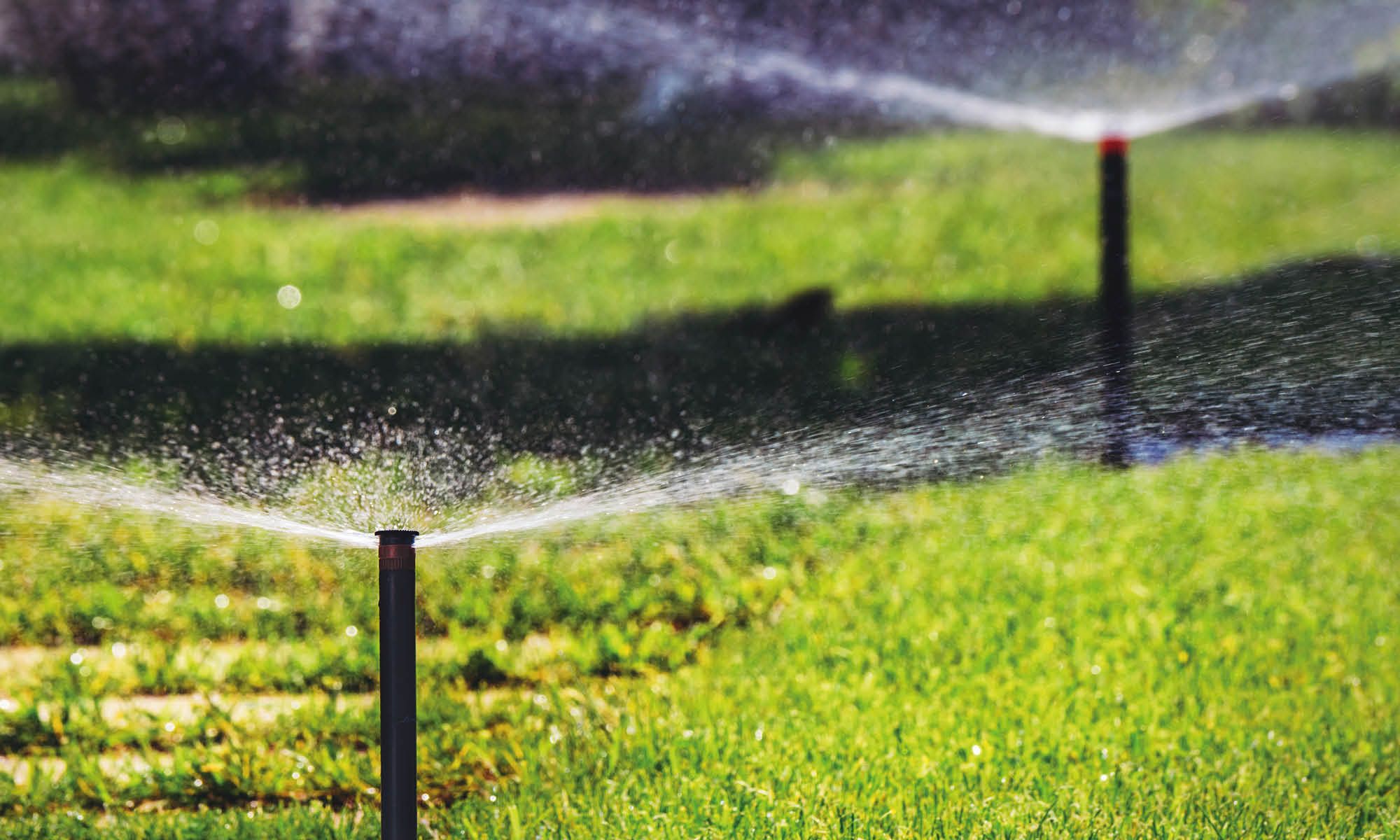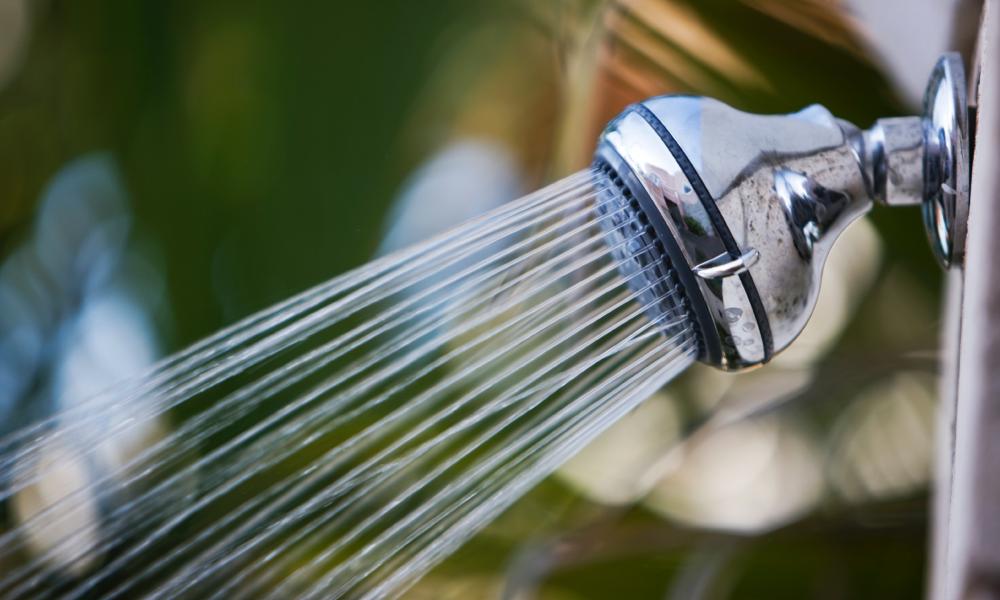
Leading Water Conservation Technologies: Innovative Solutions for a Thirsty Planet
Share
As the global population swells and climate change worsens water shortages, the necessity for leading water conservation technologies has reached new heights. These groundbreaking solutions not only aim to safeguard our vital resources but also present exciting opportunities for tech enthusiasts and professionals to dive into sustainable technology.

Why Water Conservation is Crucial
Water is fundamental to all life, yet it remains a limited resource. With only 3% of the world's water being freshwater and even less accessible for human use, the task of ensuring sufficient water supplies is daunting. Droughts, pollution, and unchecked consumption compound the pressure on our water resources.
Innovative water conservation technologies play a vital role in tackling these issues. By leveraging state-of-the-art technology, we can enhance water efficiency, minimize waste, and secure clean water access for future generations.
Smart Irrigation Technologies
One of the most exciting advancements in water conservation is smart irrigation technology. These systems employ sensors, weather data, and automation to tailor watering schedules, ensuring that plants receive the precise amount of water when needed. This not only conserves water but also boosts plant health and lowers water expenses.
For instance, companies like Rain Bird have created irrigation controllers that sync with weather forecasts, adjusting watering schedules automatically. This technology revolutionizes agriculture and landscaping, where water consumption is substantial.
Advanced Leak Detection Techniques
Leaks represent a significant source of water waste, often going undetected for extended periods. Advanced leak detection technologies are transforming the scene by utilizing sensors and IoT devices for real-time monitoring of water systems. These innovations can identify leaks early, mitigating unnecessary water loss and damage.
Smart meters, such as those from Flume, provide real-time water usage data, alerting users to any unusual patterns that might indicate a leak. This proactive approach to leak management is essential for water conservation on both residential and industrial scales.
Water Recycling Innovations
Water recycling systems are becoming increasingly advanced, allowing the reuse of wastewater for non-drinking purposes like irrigation and industrial applications. This technology greatly reduces the demand for fresh water, conserving resources while lessening environmental impact.
Greywater recycling systems, for example, treat water from sinks, showers, and washing machines for reuse in toilet flushing or garden irrigation. This technology proves particularly advantageous in areas experiencing severe water shortages. Explore more about xeriscaping methods that maximize water efficiency.
Desalination Breakthroughs
Desalination, the process of extracting salt from seawater to generate fresh water, has long been recognized as a potential solution for water scarcity. Recent technological advancements have enhanced the energy efficiency and cost-effectiveness of desalination.
Innovative methods such as forward osmosis and solar desalination are paving the way for producing fresh water with reduced energy consumption. Companies like IDE Technologies are leading these advancements, delivering fresh water to arid regions worldwide.

Looking Ahead: The Future of Water Conservation Technology
The outlook for water conservation technology is promising, with continuous research and development resulting in fresh and exciting innovations. For professionals and enthusiasts alike, there is vast potential to contribute to this field, whether it's by creating new technologies or putting existing solutions into practice.
If you're interested in practical water conservation strategies, resources like American Rivers offer invaluable insights into everyday water-saving techniques. Additionally, consider exploring the EPAs WaterSense for more ways to conserve water.
Frequently Asked Questions
Q: What are smart irrigation systems?
A: Smart irrigation systems utilize sensors and weather information to optimize watering, saving water and boosting plant health.
Q: How do advanced leak detection technologies function?
A: They monitor water systems in real-time using sensors and IoT devices, identifying leaks early to avert water loss.
Q: What is desalination, and how has it evolved?
A: Desalination removes salt from seawater to create fresh water. New methods like forward osmosis have made the process more energy-efficient.
